Description
This book of Vadim Delaunay is the only novel he ever wrote. It is not a memoir or a thesis on prison camp life. It is a collection of sketches in which the author vividly depicted the personalities and nature of his camp-mates and relationships between them. He managed to convey the emotional state of the life in a camp with that ultimate honesty that is paid for with your heart’s blood.
This book is a testimony of an eyewitness and a participant in that desperate struggle “for your freedom and ours” and is meant to remind people once again in what place and during what time they are living. On the pages of this small book Delaunay talks, in essence, not only about the fate of prisoners, but about the fate of Russia as a whole, the fate of a country that tragically found itself behind barbed wire. Between the lines he gives an analysis of the strategy of a police state in pursuit of its selfish agenda. This strategy is extremely simple both in relation to those in the camp and those outside it in the Greater Zone, and eternal, like humanity itself. It plays on the worst sides of human nature as well as the best.


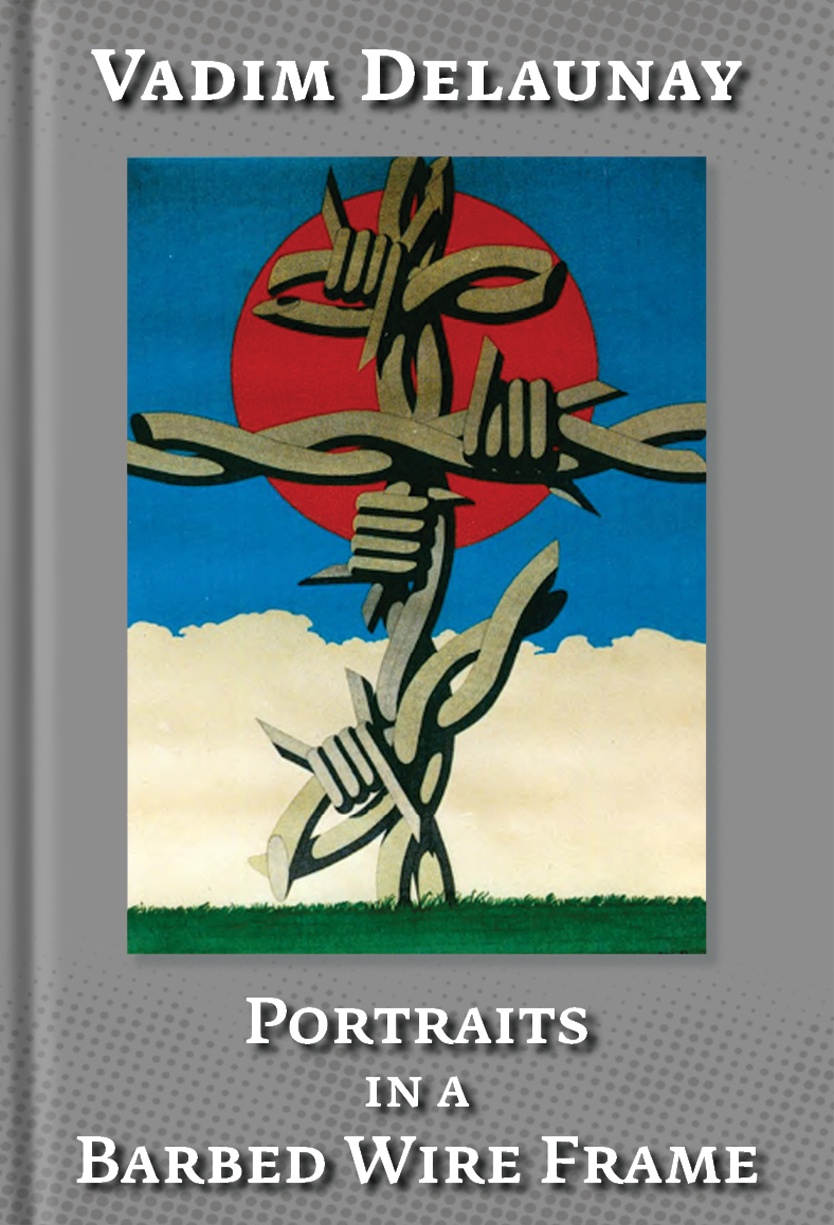
 Vadim Delaunay (1947, Moscow – 1983, Paris) was a Soviet poet and dissident. Born to a Russian-French family of Soviet Intelligentsia he studied at Moscow matshkola (“Mathematical School”) No. 2, one of the best in the country at that time, then at the Department of Philology at the Moscow Pedagogical Institute. As a student, he also worked as a freelance author for the Literaturnaya Gazeta.
Vadim Delaunay (1947, Moscow – 1983, Paris) was a Soviet poet and dissident. Born to a Russian-French family of Soviet Intelligentsia he studied at Moscow matshkola (“Mathematical School”) No. 2, one of the best in the country at that time, then at the Department of Philology at the Moscow Pedagogical Institute. As a student, he also worked as a freelance author for the Literaturnaya Gazeta.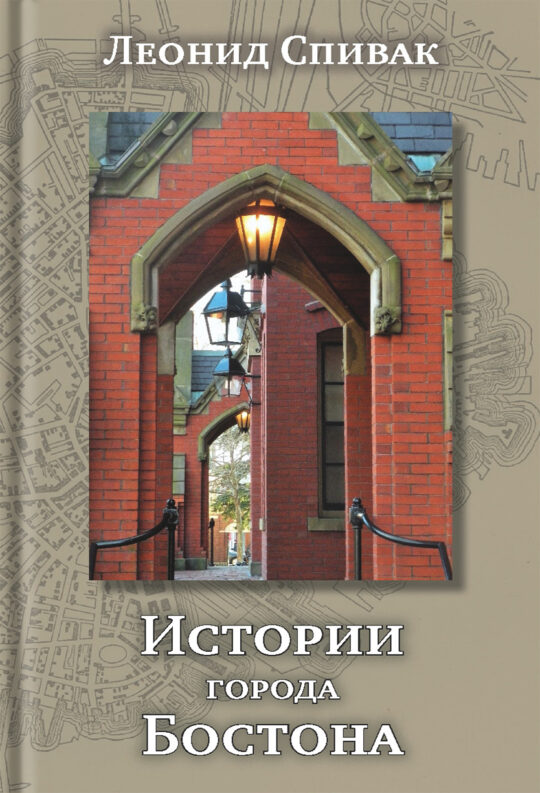
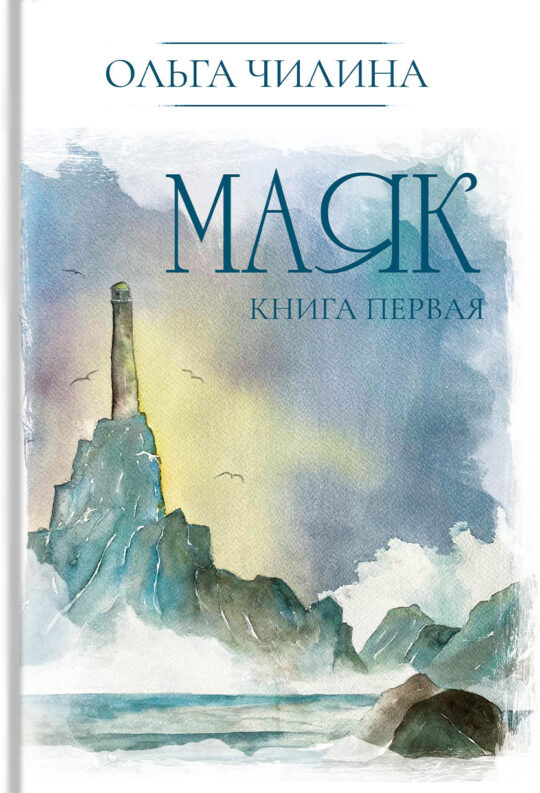
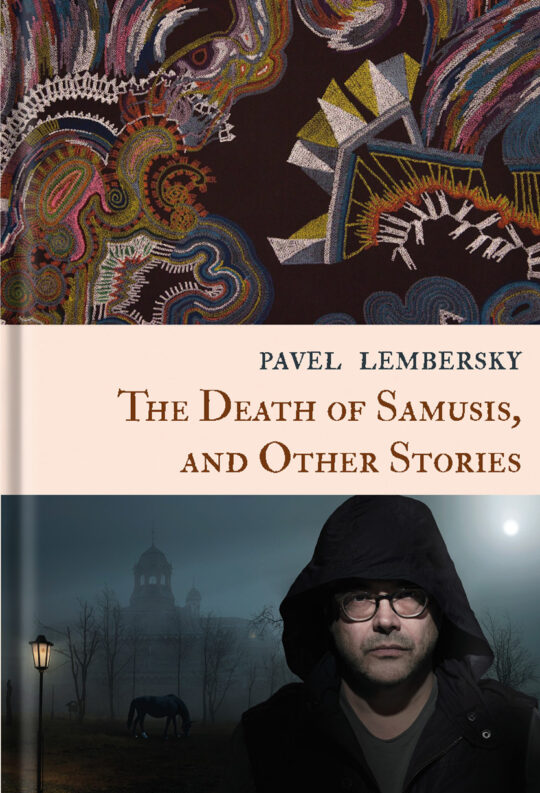
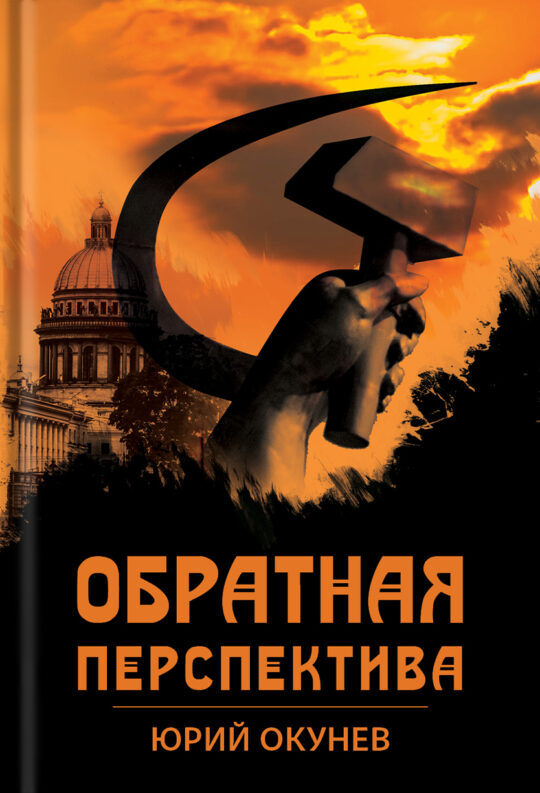
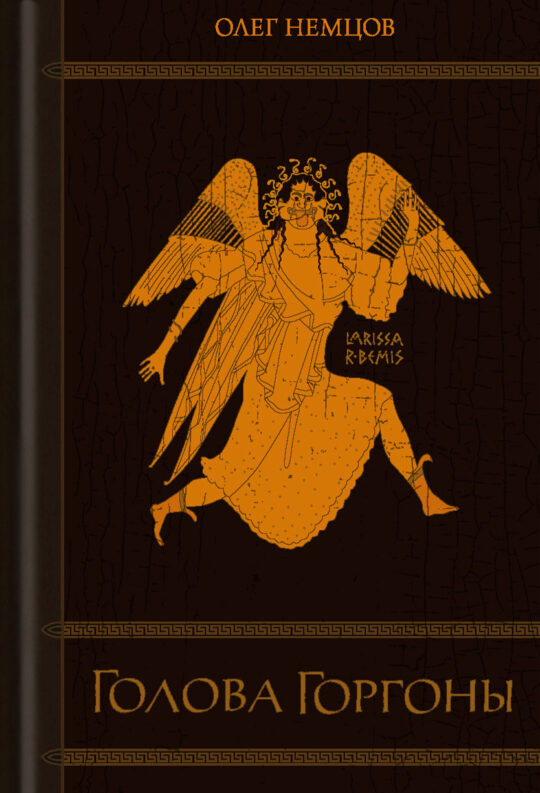

Yuliya Shulman
The book Portraits in a Barbed Wire Frame recounts an incredible story of Vadim Delaunay, a Soviet poet and dissident, who participated in the 1968 Red Square demonstration of protest against military suppression of the Prague Spring. Vadim became a Gulag prisoner for three long years being only 20.
I read Vadim’s confession and everything described there was so vividly and bitterly occurring in front of my eyes. It was the time of broken justice, cruelty, sufferings, humiliation but the sparkles of human trust and compassion were emerging even there. Vadim’s delicate, gentle verses were bursting out of his soul like clots of the love for the timespan of his youth when the poets and dreamers believed in the purity of hearts and languished with the hope that beauty would save the world. Such words and feelings, dreams and faith never become obsolete; they are always invariably bound with ours today.
These are my impressions of Vadim’s book. But the most important thing that one may feel, reading this wholeheartedly outcrying testimony, is a thirst to express gratitude to this young fearless hero, and to become a part of our tribute to Vadim, to be a living memory of the true feat of the poet Vadim Delaunay.
This young, beautiful, courageous and noblest person who took upon himself the burden of being the conscience of that terrible and at the same time naive period of our history. There were many fearless souls like Vadim, but not so many. We are witnesses to Vadim’s bitter fate. So those who outlived him must bear and pass on this memory.
The book is published thoughtfully, beautifully and very elegantly. Vadim’s poems are subtlety translated and presented in the English version. Beautiful prefaces are written with love and very delicately inscribed in the emotional mood of the book.
— Rachel Zilberman, USA
…Delaunay’s book is called “Portraits in a Barbed Wire Frame.” I would give it another name, “The Book That is Not About Self”. On the pages of this small book Delaunay talks, in essence, not only about the fate of prisoners, but about the fate of Russia as a whole, the fate of a country that tragically found itself behind barbed wire. Between the lines he gives an analysis of the strategy of a police state in pursuit of its selfish agenda. This strategy is extremely simple both in relation to those in the camp and those outside it in the Greater Zone, and eternal, like humanity itself. It plays on the worst sides of human nature as well as the best…
— R.L. Berg, PhD
…This book of Vadim’s is the only novel he ever wrote. It is not a memoir or a thesis on prison camp life. It is a collection of sketches in which the author vividly depicted the personalities and nature of his campmates and relationships between them. He managed to convey the emotional state of the life in a camp with that ultimate honesty that is paid for with your heart’s blood…
— Vladimir Bukovsky
…This book is a testimony of an eyewitness and a participant in that desperate struggle
“for your freedom and ours” and is meant to remind people once again in what place and during what time they are living…
— Vladimir Berezhkov,
poet, friend of Vadim’s
…Поэтический талант Вадима был определенно не академическим: он писал не часто, не много, не ради утонченного развлечения или уничтожения белой бумаги. Мечущаяся душа, живая жизнь, прорвавшаяся в строку, месяцы духовных страданий, заплаченные за каждый стих, — это поэзия Вадима Делоне, пережитая, честная, невыдуманная.
Такова же и книга Вадима, единственная им написанная, не мемуары, не трактат о лагерной жизни, а скорее зарисовки, наброски, новеллы, в которых автор живо и выпукло обрисовал характеры, нравы и отношения своих солагерников, передал саму психологическую атмосферу лагерной жизни, с той последней честностью, когда за каждую строку платишь кровью души…
— Владимир Буковский
…Книга Делоне называется «Портреты в колючей раме». Я дала бы ей еще и другое имя – «Книга не о себе». На страницах этой небольшой книги Делоне повествует, в сущности, не только о судьбе заключенных, а о судьбе всей России, попавшей в силу трагического стечения обстоятельств за колючую проволоку. Как будто между строк дан анализ стратегии полицейского государства в преследовании своих своекорыстных целей. Стратегия эта предельно проста и по отношению, к тем, кто в лагере и кто за его пределами — в Большой зоне, и вечна, как само человечество, игра на худших сторонах человеческой природы. Впрочем, и на лучших…
— Р.Л. Берг,
доктор биологических наук, генетик
…Перед вами свидетельство человека, чистого душой, о своем и нашем времени. Он хотел добра, справедливости и свободы, и сделал для этого все, что мог. В этой книге представлены свидетельства очевидца и участника той сумасшедшей борьбы «за вашу и нашу свободу», чтобы еще раз напомнить людям, где и когда они живут…
— Владимир Бережков,
поэт, друг Вадима Делоне